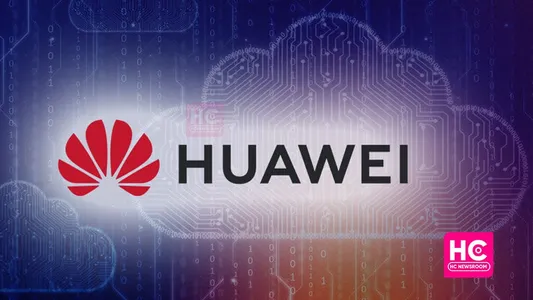Chinese Tech Giants Gearing Up for Chatbot Revolution
In a bid to satisfy local demand for generative AI chatbots, Chinese tech giants Alibaba and Huawei are set to debut their innovative chatbot systems in the coming weeks, making waves in the AI community. The world is looking forward to this as the next big thing for China in artificial intelligence since Baidu’s ERNIE.

University’s ChatGPT Analog Crash and Baidu’s ERNIE Struggles
As China’s appetite for AI chatbots grows, recent attempts by a university-developed ChatGPT analog experienced a crash within four hours, crumbling under a traffic surge. Meanwhile, private industry versions like Baidu’s ERNIE have faced their own challenges, including censorship management and handling requests.
Alibaba’s Grand Reveal at the 2023 Cloud Summit in Beijing
Alibaba is all set to unveil its highly-anticipated large-scale model during its 2023 Cloud Summit in Beijing on April 11. Chinese media outlet IT Home broke the news, adding fuel to the excitement surrounding the AI chatbot.

Source: Alibaba Cloud
Integrating AI with Tmall Genie: Alibaba’s DAMO Academy Innovations
Alibaba’s research institute, DAMO Academy, is working on incorporating the large-scale model into its Tmall Genie—a smart speaker that features the intelligent personal assistant AliGenie.

Early Testers Show Promising Results
Reports have surfaced that some netizens have already tested early versions of the chatbot. With benchmarks undisclosed, these tests revealed that ten out of 15 questions received responses that outperformed competitors, signaling a strong start for Alibaba’s AI chatbot. Since 2021, DAMO Academy has released multiple large language models, including the first multimodal large model, M6, trained using 512 GPUs and boasting 10 billion parameters. Alibaba’s official release will follow closely on the heels of Huawei’s generative AI service debut.
Huawei’s AI Scientist Set to Introduce Pangu Large Scale Models
Huawei’s Chief AI Scientist, Qi Tian, is scheduled to present “The Progress and Application of Pangu Large Scale Models” on April 8 at the AI Large-Scale Model Technology Summit in Hangzhou. Pangu has been in development since at least 2020 and was first released in April 2021.

Source: Huawei Central
Baidu and Google’s AI Developments Adding Fuel to the Fire
The excitement surrounding Alibaba and Huawei’s chatbot announcements comes days after Chinese search giant Baidu revealed its plan to complete testing of its AI chatbot in March. Google also announced a series of AI-powered features, increasing the anticipation around AI advancements.
Also Read: Ernie Bot vs. ChatGPT: A Comparative Analysis of AI-Language Models
The Double-Edged Sword of AI Innovation
Despite the enthusiasm for AI-synthesized text, audio, and video, concerns regarding identity theft, financial fraud, and tarnished reputations have sparked global alarm. As AI technology advances, the need for ethical considerations and effective regulations becomes paramount.
Also Read: The Dark Side of AI Innovation: ChatGPT Bug Exposes User Payment Data
Our Say
Alibaba and Huawei are set to unveil their generative AI chatbots, marking a significant milestone in China’s AI landscape. As they prepare to launch their large-scale models, the excitement surrounding AI advancements continues to grow. Despite the potential risks associated with AI technology, these chatbots signify a new era in AI capabilities.







